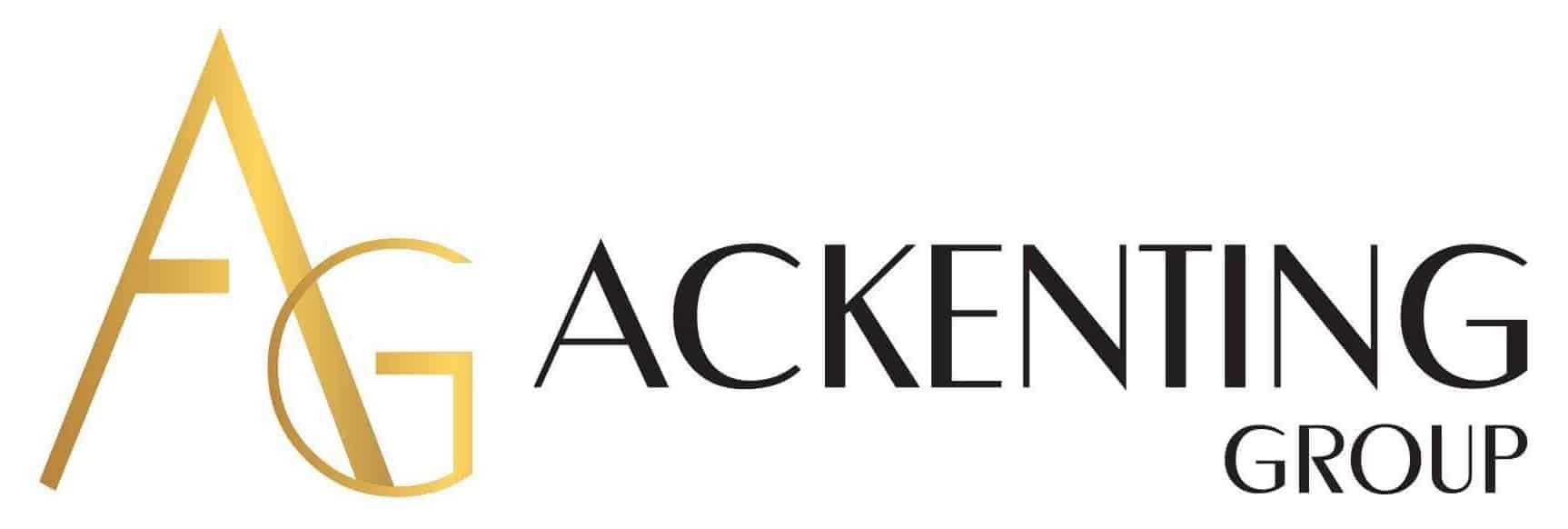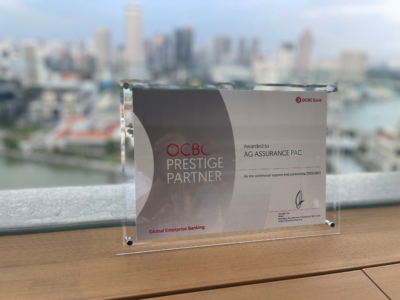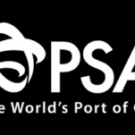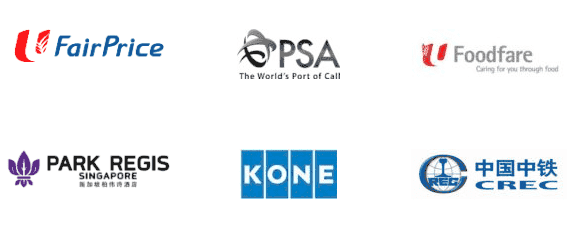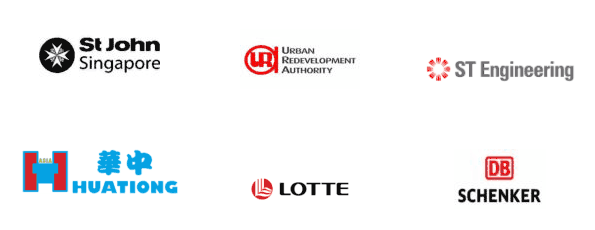Record-keeping is an essential aspect of a business. In Singapore, all companies are mandated to maintain proper records and accounts of their business transactions to keep track of their financial position and enable the accurate and detailed preparation of their financial statements.
The Inland Revenue Authority of Singapore (IRAS) is the one that prescribes and governs the rules regarding record-keeping. All businesses operating in Singapore must comply with these rules. Otherwise, they are at risk of incurring penalties and sanctions. Let us share some of the essential pieces of information that you should know about business record-keeping in Singapore.
How long do I need to retain my business records?
As per the latest IRAS guidelines, the accounting records and supporting documents pertaining to the Year of Assessment (YA) 2008 and onwards have to be retained for a minimum period of five years from the relevant YA.
For example, if the financial year of your business ends in December, then your business’ records for the financial year of 2021 (i.e. from 1 January to 31 December 2021) need to be retained until at least 31 December 2026.
What are the records that I need to keep?
According to IRAS regulations, your company should maintain appropriate records of its financial undertakings, such as the following documents:
- Documents that back up your business transactions, including receipts, invoices, bank statements, vouchers, and any other relevant information issued to or received from your clients.
- Accounting books, journals, and schedules that document your organisation’s profits and losses, assets and liabilities, and income and expenses.
- Written documents that serve as evidence of your business transactions.
It is crucial to note that the records your company needs to maintain may vary depending on its status. If you are operating a GST-registered business, you must keep records of any tax invoices issued for income purposes and records of disposal of business goods. However, these requirements do not apply to non-GST registered businesses.
Do I need to keep physical records, or can I store them digitally?
With the advent of the digital age, more companies are ditching physical records and moving to cloud storage as physical copies take up significant storage space. Understanding the need to keep up with the times, IRAS has devised new guidelines to allow companies to store their business records electronically. The caveat is that businesses need to ensure their records are well-protected and cannot be altered by an external party.
If you are storing your business records electronically, you are no longer required to keep physical copies of your source documents. However, it is vital to note that IRAS requires all companies that maintain their business records digitally to set up an adequate system to ensure the records’ accuracy, completeness, reliability, and availability.
Conversely, if you are still maintaining physical copies of your business records, you need to ensure they are well-organised and the fine print is still legible. For example, receipts printed on thermal paper are susceptible to heat and UV light, and extended exposure will cause the ink to fade over time. As such, it is essential for you to keep another copy as a backup in case the original receipt becomes illegible.
What are the repercussions for non-compliance?
Failure to comply with the regulation may result in the business and any relevant officer, such as the business owner, incurring a jail term of up to 12 months or a fine of up to SGD$5000 in addition to a default penalty under the Companies Act.
Furthermore, this transgression may constitute an income tax offence, resulting in IRAS stepping in and voiding any capital allowance and expense claims submitted by the company. The business owner may also be served a jail term of up to 6 months or incur a penalty of up to SGD$1000 under the Income Tax Act.
Conclusion
We hope what we have shared has shed light on the importance of retaining your business record and ensuring they are well-organised. However, even if it is not mandated by law, it is still a good habit to preserve and organise your company’s relevant records to help you keep track of your business’s financial health.
In addition to maintaining your business records properly, you should also ensure that your documents are accurate and reliable. Otherwise, you may incur additional penalties that may arise out of erroneous or incomplete company records. However, if you cannot dedicate the time to ascertain the accuracy of your business records, it is advisable to outsource your accounting needs to a specialised firm.
At Ackenting Group, we deliver a suite of professional accounting and bookkeeping services to meet your company’s needs. Our team of seasoned accountants have overseen the financial records of multiple clients from various industries. With our assistance, you can rest easy knowing your company’s financial statements and business records will be well-maintained and accurate when reporting season arrives.
If you require any assistance on accounting services, feel free to drop us an email at johnwoo@ag-singapore.com or contact us at +65-66358767. At Ackenting Group, we offer a complimentary 30 minutes online consultation for us to better understand your business requirements.
